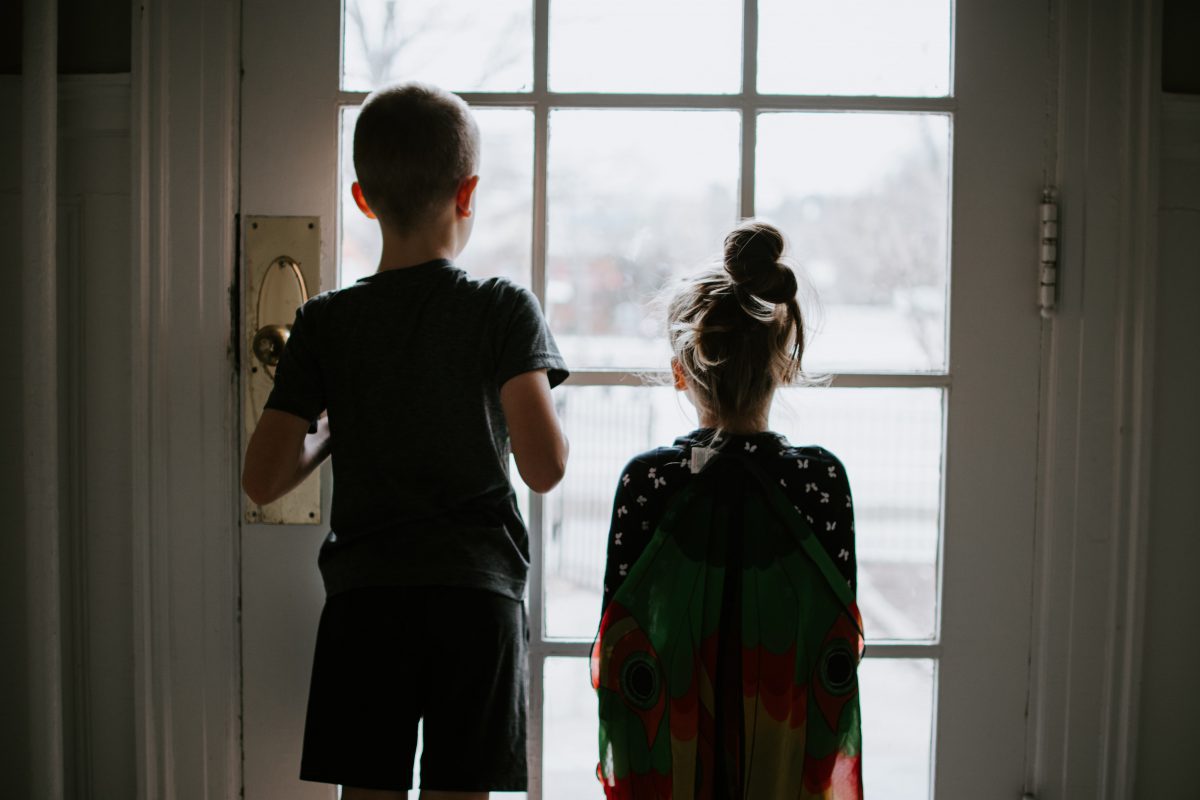


Though it will be a while before we learn the full impact of this past year on children, The American Academy of Pediatrics recently warned that the mental health of younger Americans is suffering. Suicidal ideation and suicidal attempts are on the rise, as are childhood diagnoses of eating disorders and other obsessive-compulsive behaviors.
While everyone was “flying blind” at the beginning of the pandemic, it is becoming more and more clear that, in the noble interest of protecting bodies, many public officials neglected to adequately consider the mental, emotional, and even spiritual aspects of our lives together. For kids, a full year without school and extracurricular activities has done terrible damage.
The merits of school lockdowns as a public health strategy will certainly be hotly debated by policy makers and parents, but as American rhythms of life return to normal, we ought also to spend time evaluating just how we did at home, as families. And, like nearly every other issue that percolated to the top of our culture mid-pandemic, the health of our at-home habits pre-existed Covid. The rhythms of life shaping our families were more likely revealed by the lockdowns than created by them.
Specifically, this is a question of three “L’s”: our loves, our loyalties, and our liturgies. If you were to ask me what I love more, my family or my phone, I wouldn’t hesitate to reply, “My family.” But how many times, while spending an afternoon with my kids, do I allow my buzzing phone to interrupt family time?
The fact is, our loyalties aren’t really tested by trivia questions or even with guns to our heads. We learn what we value most by looking at our everyday liturgies, those rhythms of life and relationships we embrace which, in turn, determine what gets our time and attention and what misses out. Of course, most people are unaware of just how much our loves, loyalties, and liturgies are shaped by unspoken cultural forces. Most Christians are shaped far more by cultural forces outside the Church than by anything inside.
During the pandemic, most aspects of our lives were disrupted, in big and small ways. If some additional stress this year led to a little more screen time than usual, that is not necessarily a sign our houses are built on shifting sand. Still, we may have learned through the pandemic, just how much of our relative peace and safety comes from outside forces, rather than from inside our homes. We may have learned just how much our family liturgies rely on a busyness we love to prioritize.
More and more, Christian parents will need to get used to saying “no” to things that are widely normal in American life, and not just because of the obvious moral shifting happening all around us. Counter-cultural priorities reconfigured around restored loves, renewed loyalties, and redeemed liturgies will earn us some strange looks, especially when it comes to money, to stuff, and to time. The forces that shape most American families today aren’t centered around real needs, at least not spiritual needs. “Keeping up with the Joneses” and “perfecting leisure time” are much higher priorities for most of us than fostering and nurturing strong family bonds and bringing up kids who know and love Jesus.
Covid caught all of us off guard, but unexpected challenges like it are wonderful opportunities to recalibrate. Now that the pandemic is subsiding, we may want to look carefully at whether or not “normal” is what we want to return to. Or if instead, we should rebuild the structures and habits that make a home a good place to land the next time the world throws us a curve.
Resources:
The Pandemic Will Make Kids or Break Them
J.D. Tuccille | reason | June 2021















